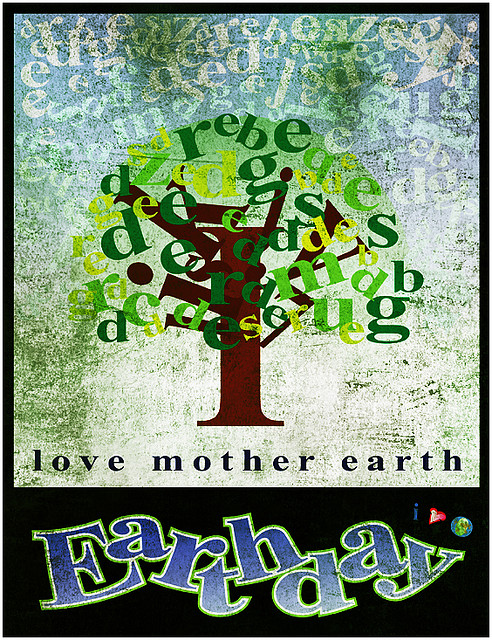
Reduce
This means simply reducing what you consume. You can do this in a variety of ways. You can simply buy less of everything, which is a guaranteed money saver. Most of us don’t need all that we buy. You can make things last longer by repairing or treating them better, which means less frequent buying. Maybe you can reduce your driving so you use less gas. There are lots of ways to consume less stuff and resources, and every one of them can save you some money.
Reuse
No, you don’t have to go out and blow a lot of money on things like rechargeable batteries or reusable grocery bags, although those are great ideas. Reusing just means finding new uses for old items. So rather than throwing out your old t-shirts, cut them up into rags for dusting or painting. Use old yogurt cups for seed starters. Keep your kid’s toys and clothes for the next child, or pass them on to a sibling who can use them. You can make so many things into other items, or find ways for things to do double duty. Everything that you can reuse for another purpose means you didn’t have to buy something to do that job.
Reusing can also mean buying more of your items off the secondary market. You can shop yard sales, thrift stores, and consignment stores. Everything you buy used is something that didn’t go in a landfill. Buying used is also much cheaper than buying new, and you might be surprised at the quality of used things you can find.
Finally, the more you can replace disposable products with reusable alternatives, the more money you can save. You can replace paper napkins with cloth, paper plates with a decent set of dishes, paper lunch bags with a lunch box, and bottled water with a reusable water bottle. Everything that you can reuse keeps more out of the landfill and is cheaper in the long run.
Recycle
Recycling can mean more than just putting your bin by the curb every week. In fact, if you do some of your recycling yourself, you can be the one to make the profit instead of your municipality. Metal is the most valuable recyclable material so if you save up your soda and food cans, as well as other metals such as old lawn mowers, metal tools, car parts, etc., you can take them to the recycler and get paid for them. If you’re really motivated, you can pick up cans from the roadside or public parks and take those, too. There are also places that will pay for magazines and newspapers or plastic containers. Composting is also another form of recycling your food waste. If you have a garden, composting can give you high quality garden soil for free.
I know some people say that they don’t care about conservation, or they don’t believe in global warming. That’s fine. Not everyone has the same opinions. But what you cannot deny is that by practicing conservation you will save yourself some money. If you need a selfish reason to get behind conservation, that’s a pretty big one. You’ll also help keep the world from simply becoming a pile of trash. You don’t have to believe in global warming or rising sea levels to simply want to live in a cleaner world. This Earth Day, try adding some conservation tactics to your money-saving activities. The planet will thank you and your wallet will get fatter.
(Photo courtesy of spacedustdesign)

Jennifer Derrick is a freelance writer, novelist and children’s book author. When she’s not writing Jennifer enjoys running marathons, playing tennis, boardgames and reading pretty much everything she can get her hands on. You can learn more about Jennifer at: https://jenniferderrick.com/.
Comments